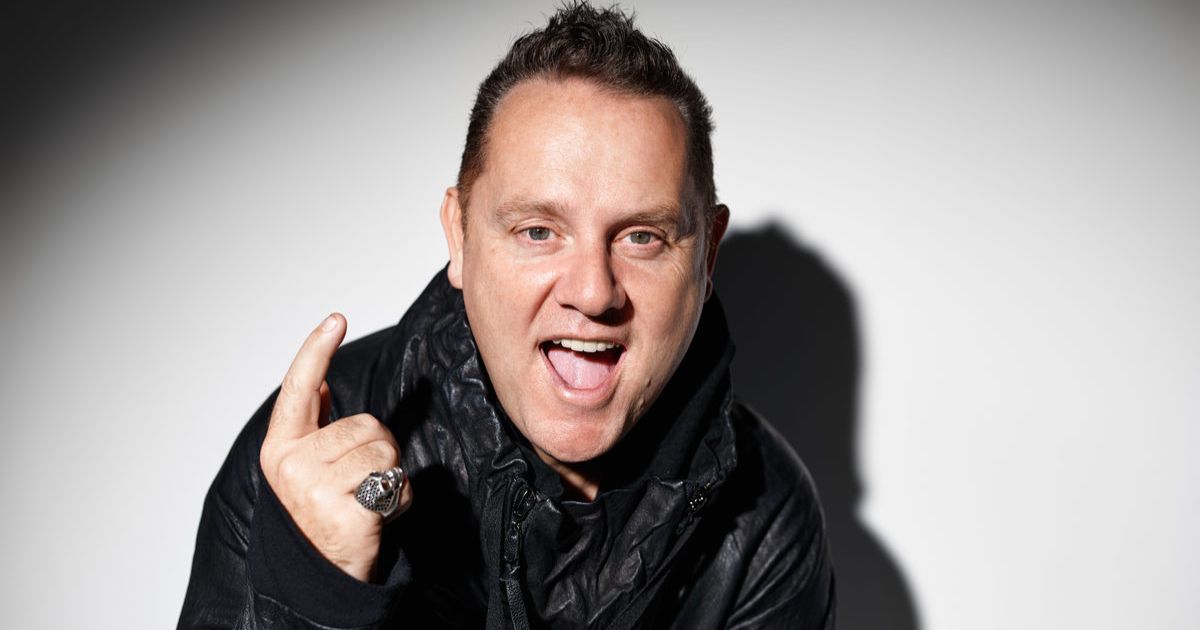Cut back on booze, boost your health

Cancer Council Victoria suggests starting 2024 by being more mindful about which social occasions you drink at or having set "no alcohol'" days. Photo: FREEPIK.COM
Cancer Council Victoria is sharing tips from its LiveLighter campaign to help Victorians confidently reduce their alcohol intake to boost their health this year.
Data from the annual Shape of Australia survey found one in six (16.8 per cent) Victorian adults did not know that alcohol intake increases the risk of cancer, and nearly 1 in 10 (9.3 per cent) were not aware of the link between alcohol consumption and weight gain.
Meanwhile, almost a fifth (18.1 per cent) of Victorian adults surveyed feel only slightly or not at all confident to reduce their alcohol intake as part of efforts to eat healthier.
LiveLighter Victoria accredited practising dietitian Alison McAleese said scaling back on alcohol could help improve health and lower cancer risk, and the new year is a golden opportunity to kick-start healthy habits.
“Cutting back on alcohol as part of a New Year’s resolution can do wonders for your mood, sleep and energy levels.
“Changing our drinking habits can also help reduce risk of serious health issues in the long-run, including some cancers, heart disease, liver disease and stroke.”
“Beyond these benefits, decreasing how much you drink can also help you maintain a healthy weight, as alcoholic drinks tend to be high in kilojoules but don’t leave us feeling full in the same way food does.”
She said it might surprise adults to learn alcohol was the largest source of extra energy in their diet, and some alcoholic drinks could contain as many kilojoules as some popular junk foods.
“For example, two glasses of sparkling wine can contain as much energy as a slice of pizza, and two bottles of cider can contain as much as a burger.”
If you are aiming to dial down your alcohol intake in 2024 for better health, Ms McAleese recommended starting out with setting a couple of small, achievable goals.
“As we celebrate over summer, aim to start 2024 with being more mindful about which social occasions you drink at or having set ‘no alcohol’ days. If choosing to drink, research shows that setting a clear limit and counting your drinks can go a long way.
“At your next event, why not try a non-alcoholic alternative in place of your usual? These options can provide the familiarity of a drink-in-hand at social events but won’t leave you with that nasty hangover the next day either!”
For those who choose to drink but are mindful of the health effects, Ms McAleese suggested exploring low-alcohol alternatives.
“The lower the alcohol content, usually the better for your health. But where possible, try reading the label as the amount of kilojoules and sugar can vary a lot between options.”
When making plans this year, Ms McAleese suggested trying to mix things up with social activities that do not centre around alcohol.
For free resources, healthy recipes, meal plans, and information to help you eat better, move more and reduce your alcohol intake, head to livelighter.org.au

















